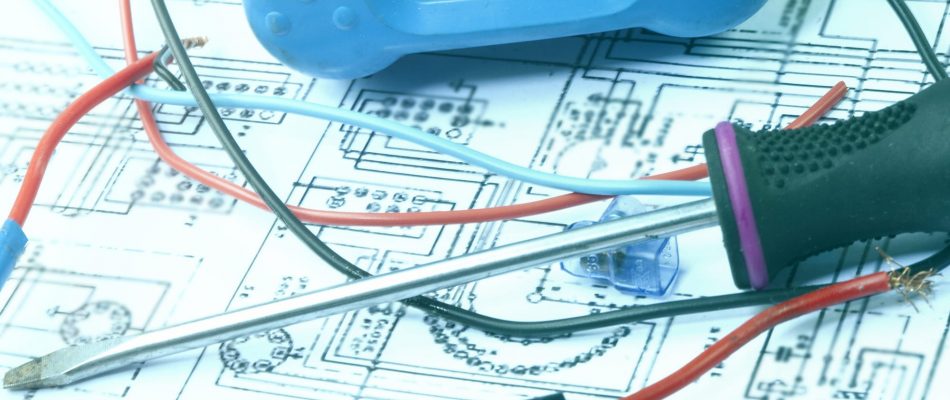In today’s business world, a reliable network infrastructure is directly responsible for productivity, service efficiency, and expanded services. To know if you’re getting the most out of your cabling system, you must test and certify it. Certification proves that a cabling system is performing as it should, and the installation was done correctly. Cable certification must be done by trained technicians using specialized test equipment. By certifying your cable network, failures and downtime can be dramatically reduced. In this article, we’ll look at five benefits of cabling testing and certification.
Less Expensive than Repair
When you certify copper and fiber cabling, you’re proactively preventing problems. Certification is insurance against future problems. Without cable certification, repairs must be made on a live network or worse, on a network that is down. Networks that go down equal lost revenue. Your productivity comes to a halt, and your customer service disappears. Depending on the industry, one hour of enterprise network downtime results in losses between $14,500 to as much as $6,500,000. Gartner Group determined, on average, one hour of enterprise downtime costs $300,000.
Limited Product Warranties
Some network owners choose to gamble and use a manufacturer’s warranty as a security blanket. This is understandable, however, the problem is the manufacturers can’t warranty the final installation. The quality of a cable installation lies in the hands of the installers. If the installation craftsmanship is poor, even the greatest products fail and underperform. These failures are outside the scope of a hardware warranty. The only way to assure that installer quality meets standards is through certification testing.
Future-Proofs Your Infrastructure
A re-certified cabling plant may prove to support higher-speed traffic that is deployed years after the initial cable installation. Support for higher speeds is critical. Category 6 copper cable was designed to support a 1-Gig per second data rate. Recent field certification tests indicate that a good deal of the Cat 6 cable used in data centers can actually support 10-Gigabit service over short to moderate distance. If you recertify the Cat 6 cable in your data center, you may find an efficient path to 10 times more speed while avoiding some or all the cost of replacing the cable.
Eliminates Stranded Cable
When a new occupant enters a building, the state of its cabling presents a series of questions. How old is the building and the network infrastructure? Does the cable work? What was the network used for? What was the cable last used? Certifying 200 lines of cabling will cost less than $500 at most commercial rates. Installing 200 new lines of new Cat 6 cable will cost $5,000 – $10,000. If you’re a landlord, that’s an easy choice. Lack of cabling certification turns legacy cabling into stranded capital.
Reduce Waste
The widely recognized National Electrical Code (NEC 2002) requires the removal of abandoned cable that is not designated for future use. Without cabling certification, the cost legacy cable can include the cost of removal, the cost of cable recycling and/or the environmental impact of pre-mature disposal.
Need Cable Testing and Certification for Your Facility?
Contact Us Today!
(904)-777-6656

